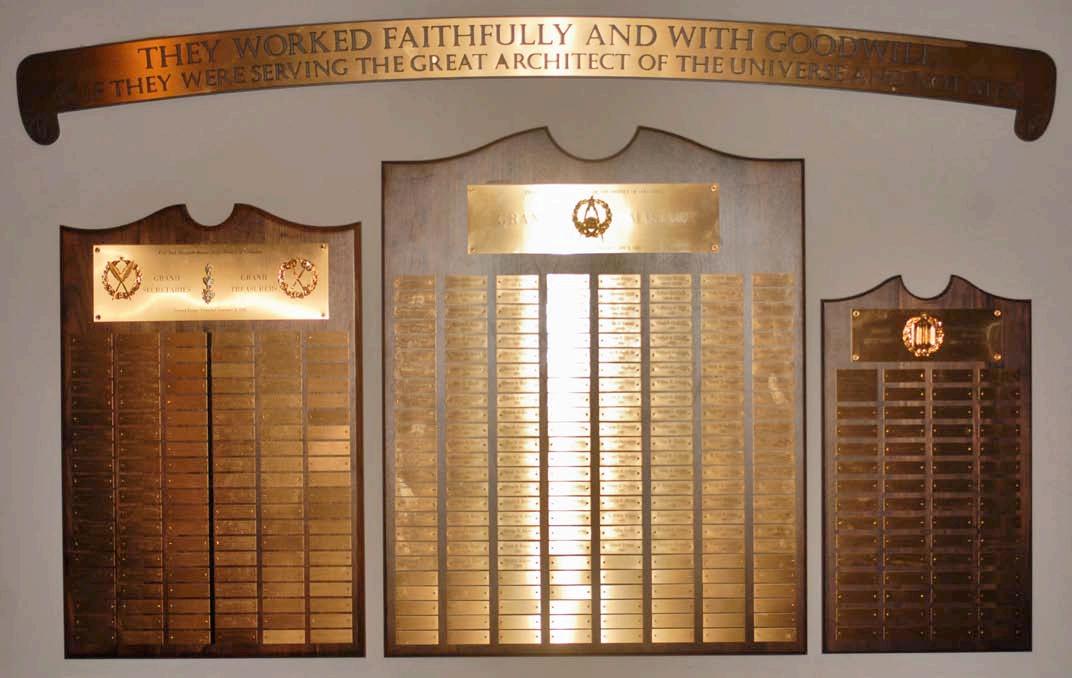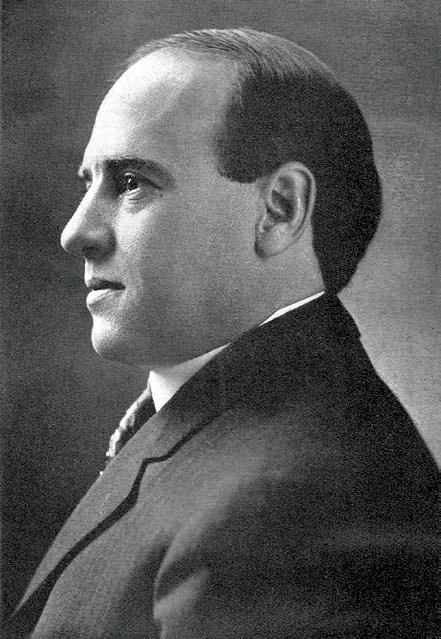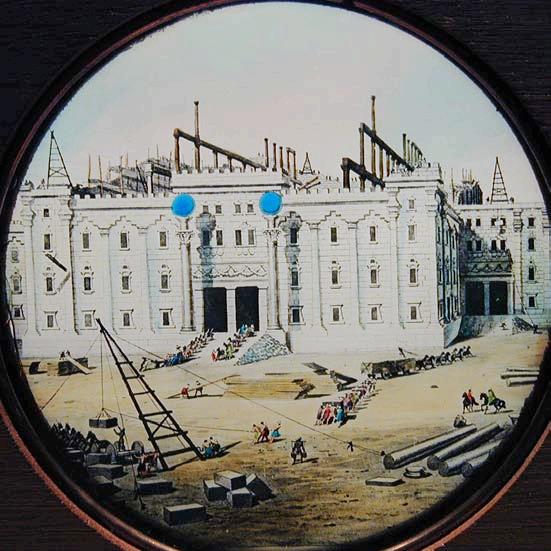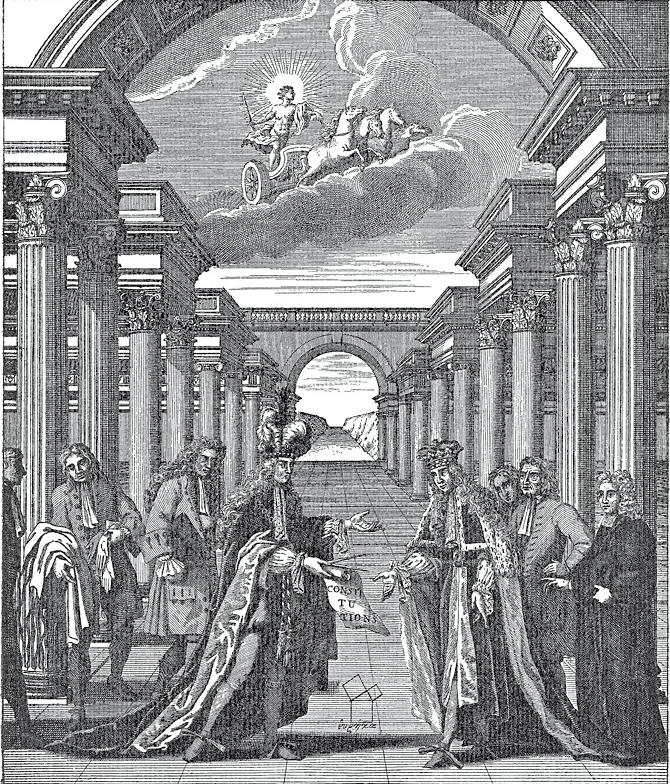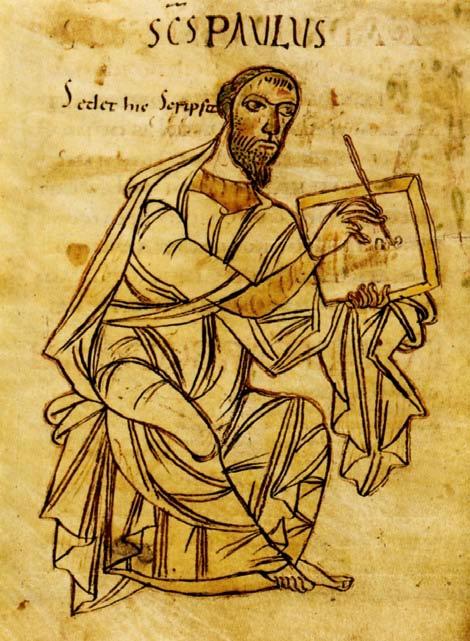
4 minute read
Compass and the Colonial Are Consecrated
by Paul Nadeau, Master The Colonial Lodge No. 1821

On November 11, 2009 the Grand Lodge consecrated two new lodges: Compass Lodge No.1811 and the Colonial Lodge No. 1821. The consecration of a lodge is rare occasion; but to consecrates two new lodges on the same date, is still more rare. This fete, nevertheless, was carried out flawlessly. On this occasion the first lodge to be consecrated was Compass Lodge No. 1811—D.C.’s second Spanishspeaking lodge. This consecration was especially interesting since, as a Spanish-speaking lodge, their officers communicated to each other in Spanish, while the Grand Lodge Officers communicated with them in English—a tangible reminder of the diversity and universality of Freemasonry. Once Compass Lodge was consecrated, the Grand Lodge proceeded with the consecration of the Colonial Lodge No. 1821, using the same ceremony. The Colonial Lodge, an affinity lodge for the students, staff, faculty, and alumni of the George Washington University, is unique because it is Washington D.C.’s first academic lodge. There are also academic lodges affiliated with such prestigious institutions as the Sorbonne, Oxford, Cambridge, Harvard, and MIT. The enthusiasm among the members of the new lodges was clear to the brethren in attendance. Both lodges had spent a very active year under dispensation, developing their membership and performing exemplary degree work. It is
The consecration ceremony included use ofa model lodge building and three antique silver goblets filled with corn, wine, and oil.
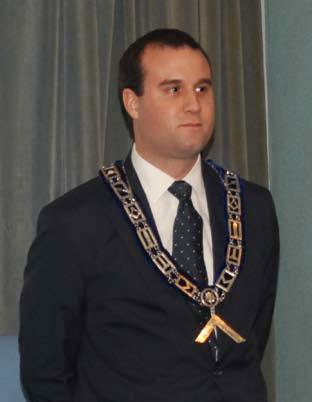
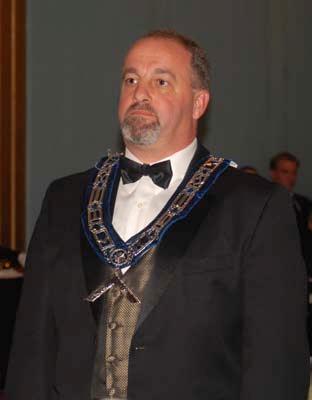
anticipated that these lodges will play a unique role in the Grand Lodge by reaching out to people who may not yet have encountered the Craft and by bringing together brethren from different worlds, professions, and backgrounds. The Grand Lodge bids them welcome to its constituent family. n
The Grand Master with members ofCompass Lodge
Changing Moral Laws continued from page 17 The answer, I think, is to be found, largely, if not totally, in the mind set of modern man, who despite new-found sophistication, discovers that coping with cultural diversity is difficult. In the aftermath of the placement of emphasis of such factors as race, color, nationality, language, and religion, many are unable or unwilling to accept the doctrine of any organization that seeks to find, nurture, and propagate thoughts that constitute the common denominators of civilization. In such an environment it is difficult, and perhaps even impossible, to convince the uninformed that they should appreciate the beauty and the logic of an all-inclusive moral discipline such as that proffered by the Masonic order.
As a result the current interpretation and implementation of the moral law is as varied as the groups into which mankind is organized, a fact that offers some explanation of the immorality which may be presently perceived around the world. If we were to trace the actions of man from the dawn of history to the present, we would only be able to review what many have termed the unending story of inter-personal or inter-group strife. Thus it is imperative that we understand and recognize that the presence of those whose purpose is the rejection of established norms and the testing and changing of integral parts of established moral systems is one of the realities of life, replete through the ages with the ebb and flow of change. This brings us to the immediate past half-century, a period in which sensational happenings tend to be common. In recent years we have been bombarded with an assortment of “news” that ranges from partisan appreciation of “family values” to drawn out and exaggerated accounts of the failure of individuals and of their institutions, governmental and private, to hold to a wholesome, ethical, and moral line. The daily news tends to cause many to worry about a future in which the material may dominate the spiritual.
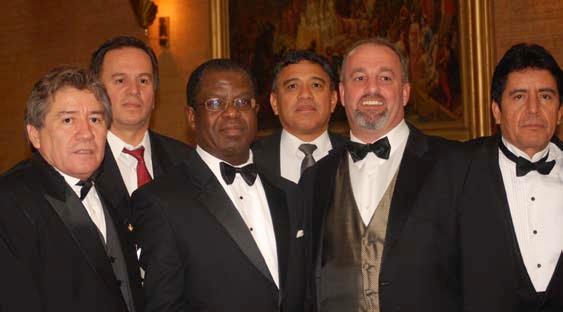
My views on the magnitude and significance of social change are well detailed in the Master’s Lecture on Morality to which I referred previously. In that source one reads about moral trust and Freemasonry’s responsibility for its preservation and propagation as follows: “A man may be moral, and yet mean. He may be clean, but cruel; righteous but uncharitable; truthful, and yet narrow, bigoted, and hard. He may throw a poor family out of his house for lack of rent, and in so doing be honest — and inhumane. If there is anything worse than the wrongs wrought by wicked men, it is the evil done by good men. That which gives beauty, breadth and mellowness to life, melting our morality into goodness, is sympathy. And so to purity we must add pity. Justice runs lengthwise of life, but mercy is width, and is an evidence of nobility, of refinement, of gracious spirit.” “The future development and the value of Freemasonry as a moral force in society depend on the view its members take of their system. If they do not spiritualize it they will increasingly materialize it. If they fail to interpret its veiled purport, to enter into the understanding of its underlying philosophy, and to translate its symbolism into what is signified thereby, they will be mistaking shadow for substance, a husk for a kernel, and secularizing what was designed as a means of spiritual instruction and grace. It is from the lack of instruction rather than the desire to learn the meaning of Freemasonry that the Craft suffers today.” n



